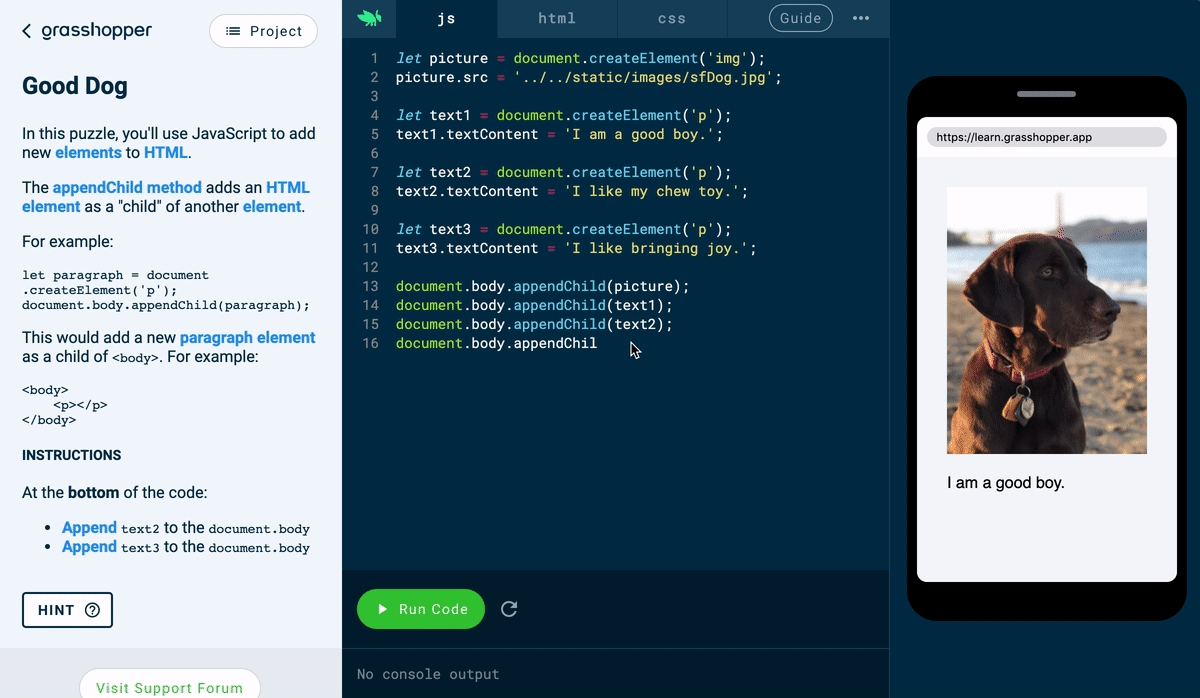Less than a day after Apple was criticized by Chinese state media for allowing HKmap in the App Store, the crowdsourced map app said it had been delisted. Its removal comes less than a week after Apple reversed its initial decision to reject the app, which provides information about the location of pro-democracy demonstrations, street closures and police activity (its website is still available).
After Apple allowed HKmap into the App Store, an article in the China Daily, a newspaper owned by the Communist Party of China, criticized the company, claiming that it enabled “rioters in Hong Kong to go on violent acts,” and adding that “Business is business, and politics is politics…Apple has to think about the consequences of its unwise and reckless decision.”
While the Chinese government has labeled protestors as violent, including through coordinated campaigns on social media, human rights groups like Amnesty International have documented multiple instances of police abuse against protestors.
HKmap’s creators tweeted the Apple claimed it endangered law enforcement and residents, and said they disagreed.
1. We disagree @Apple and @hkpoliceforce ‘s claim that HKmap App endanger law enforcement and residents in Hong Kong.#HKmap #HKmaplive #HK #Censorship
— HKmap.live 全港抗爭即時地圖 (@hkmaplive) October 10, 2019
The app’s developers added that “there is 0 evidence to support CSTCB’s [the Hong Kong Police Force’s Cyber Security and Technology Crime Bureau] accusation that HKmap App has been used to target and ambush police, threaten public safety, and criminals have used it to victimize residents in areas where they know there is no law enforcement.” They also noted that other apps containing crowdsourced information and public postings, including Waze, which is used by commuters to avoid traffic cameras and police, are still allowed on the App Store.
“The quoted Apple’s App Store Review Guideline is vague, does that include user-generated contents? We are sure there are contents ‘solicit, promote, or encourage criminal activity in Facebook, Instagram, Safari, Telegram, Twitter, Waze, Whatsapp, etc. at some point in time,” wrote HKmap’s developers.
Pro-democracy demonstrations began in March to protest a now-withdrawn bill that would have allowed extradition to mainland China, but have grown to encompass additional demands that center on Hong Kong’s ability to safeguard rights, including freedom of press and speech, under the “one country, two systems” policy that has been in place since it was returned from British rule to China in 1997.
This is the latest in several decisions made by Apple that have concerned pro-democracy observers and appear designed to appease the government of China, its third-biggest market by sales. Two years ago, it removed VPN apps from its App Store in China and within the last week has removed the Taiwan flag emoji from the iOS keyboard in Hong Kong and the app version of Quartz from the Hong Kong App Store, reportedly because of its protest coverage.
TechCrunch has contacted Apple for comment.
from Apple – TechCrunch https://ift.tt/33olGLv

